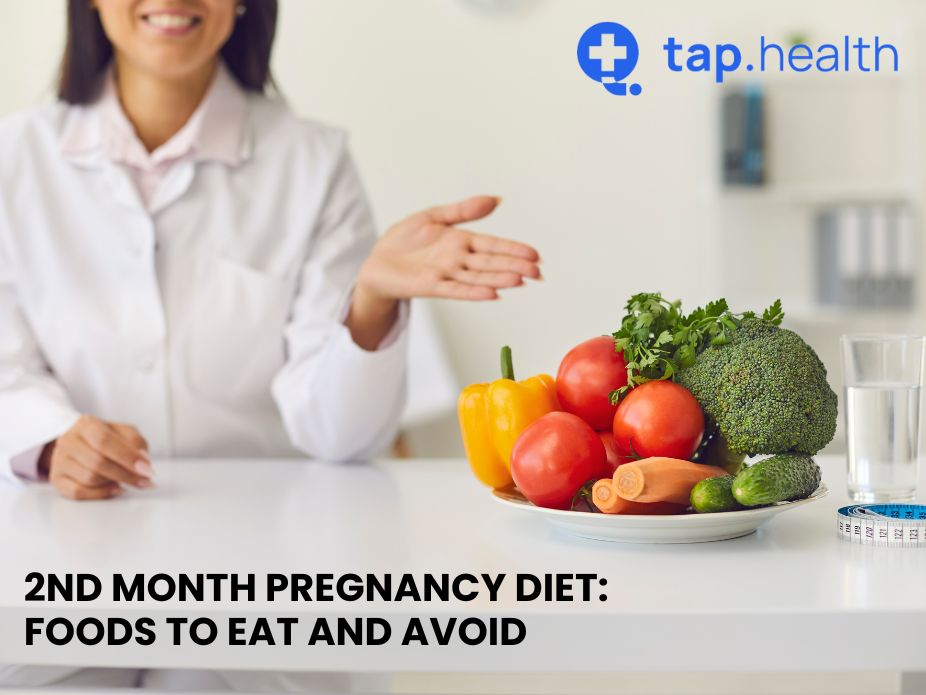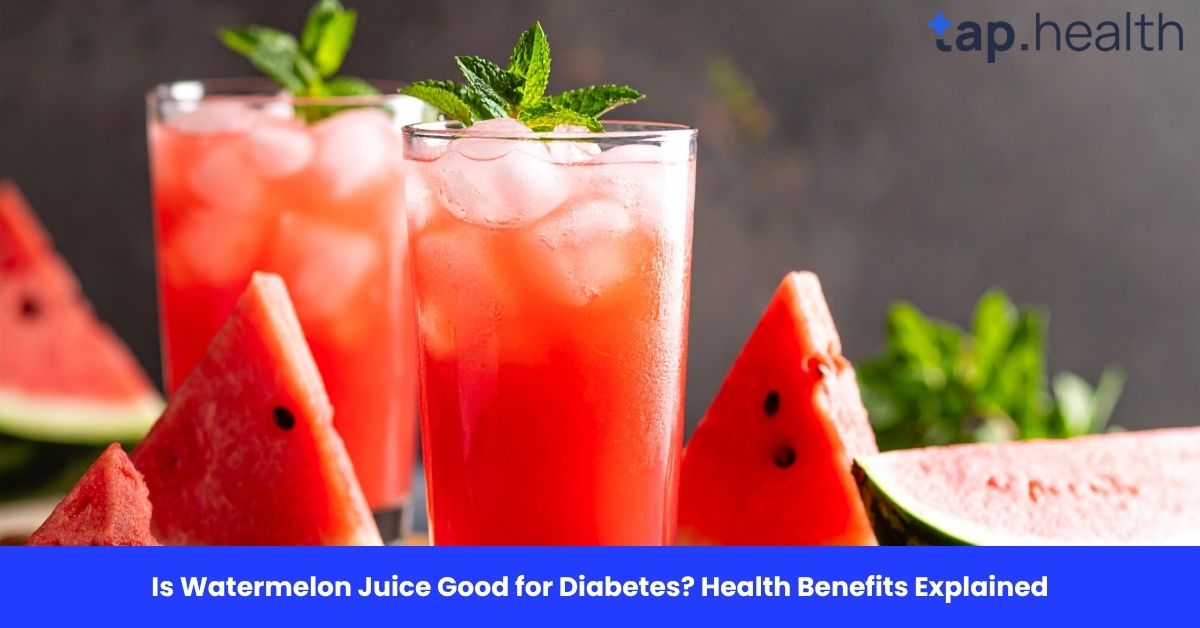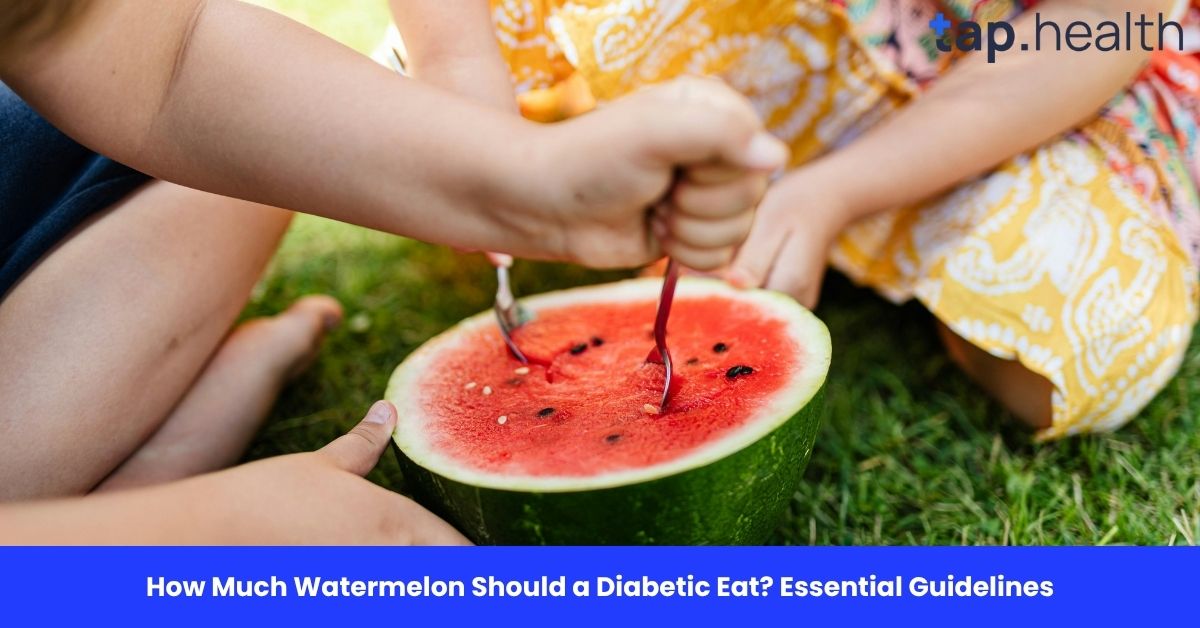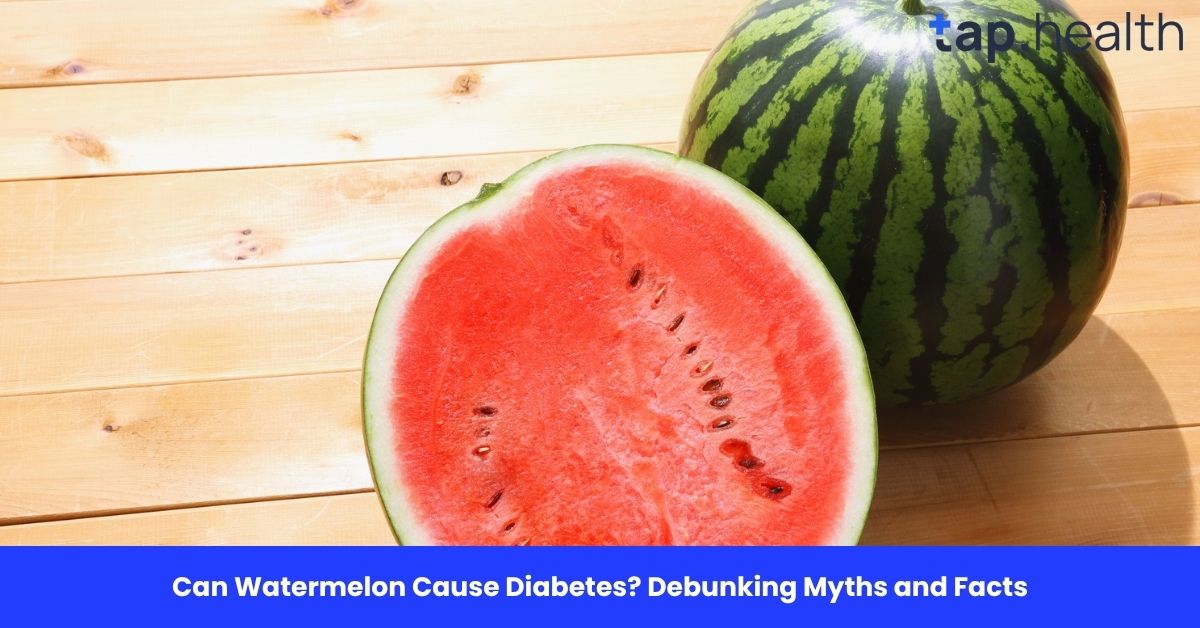The second month of pregnancy is a critical time for both the mother and the developing baby. A well-balanced diet during this period supports fetal growth, maternal health, and overall well-being. This blog provides a comprehensive guide to foods to eat, foods to avoid, essential nutrients, and practical tips for maintaining a healthy diet during the second month of pregnancy.
Why Nutrition Matters in the Second Month of Pregnancy
During the second month, your baby’s major organs begin to form, and your body undergoes significant changes. Proper nutrition ensures the baby receives vital nutrients for healthy development while supporting the mother’s energy and health. A balanced diet rich in vitamins, minerals, and proteins is key to a healthy pregnancy.
Best Foods to Eat During the Second Month of Pregnancy
A nutrient-dense diet is essential for supporting fetal growth and maternal health. Below are the top food categories to include in your second-month pregnancy diet:
1. Fruits and Vegetables for Essential Vitamins
Fruits and vegetables are packed with vitamins, minerals, and fiber, which are vital for your baby’s growth and your digestive health.
- Berries: Strawberries, blueberries, and raspberries provide antioxidants and vitamin C, which support immune health.
- Leafy Greens: Spinach, kale, and broccoli are rich in folate, a crucial nutrient for preventing neural tube defects.
- Citrus Fruits: Oranges and grapefruits boost vitamin C intake, aiding iron absorption.
Tip: Aim for a variety of colorful fruits and vegetables to ensure a broad spectrum of nutrients.
2. Whole Grains for Sustained Energy
Whole grains offer complex carbohydrates, fiber, and essential nutrients like iron and B vitamins to maintain energy levels.
- Oatmeal: High in fiber and iron, it helps stabilize blood sugar levels.
- Brown Rice: A nutrient-rich alternative to white rice.
- Whole Wheat Bread: Provides B vitamins and fiber for digestive health.
Tip: Choose whole grains over refined grains to maximize nutrient intake.
3. Protein-Rich Foods for Tissue Development
Protein is vital for the development of your baby’s tissues, including the brain, and supports maternal tissue growth.
- Lean Meats: Chicken, turkey, and lean beef are excellent sources of high-quality protein.
- Fish: Low-mercury options like salmon and sardines provide omega-3 fatty acids for brain development.
- Legumes: Beans, lentils, and chickpeas offer plant-based protein and fiber.
Tip: Include a variety of protein sources to meet your daily needs.
4. Dairy Products for Strong Bones
Dairy products supply calcium and vitamin D, essential for your baby’s bone and teeth development.
- Milk: A great source of calcium and vitamin D.
- Yogurt: Contains probiotics for gut health and calcium for bone development.
- Cheese: Provides calcium and protein in moderation.
Tip: Opt for pasteurized dairy to avoid harmful bacteria.
Foods to Avoid in the Second Month of Pregnancy
Certain foods pose risks during pregnancy due to potential contaminants or harmful substances. Here’s what to avoid:
1. Raw or Undercooked Meat
Raw or undercooked meat can harbor bacteria like listeria or toxoplasma, which may harm your baby.
- Sushi: Avoid raw fish sushi to prevent bacterial infections.
- Rare Steaks: Ensure all meats are fully cooked.
2. Unpasteurized Dairy Products
Unpasteurized dairy can contain harmful bacteria, increasing the risk of infections.
- Raw Milk: Stick to pasteurized milk for safety.
- Soft Cheeses: Avoid unpasteurized brie, feta, or blue cheese.
3. High-Mercury Fish
High-mercury fish can affect your baby’s developing nervous system.
- Shark, Swordfish, King Mackerel: These fish are high in mercury and should be avoided.
4. Excessive Caffeine
While moderate caffeine is generally safe, excessive intake may pose risks.
- Coffee: Limit to one cup (about 200 mg of caffeine) per day.
- Energy Drinks: Avoid due to high caffeine and sugar content.
Tip: Always check with your healthcare provider for personalized advice on safe foods.
Essential Nutrients for the Second Month of Pregnancy
Your body requires increased amounts of certain nutrients to support your baby’s development. Below are the key nutrients and their recommended daily intake:
1. Folic Acid (600 mcg)
- Benefits: Prevents neural tube defects and supports brain development.
- Sources: Leafy greens, fortified cereals, and prenatal supplements.
2. Iron (27 mg)
- Benefits: Supports increased blood volume and prevents anemia.
- Sources: Lean meats, spinach, and legumes.
3. Calcium (1,000 mg)
- Benefits: Essential for your baby’s bone and teeth development.
- Sources: Dairy products, fortified plant-based milk, and leafy greens.
4. Protein (71 g)
- Benefits: Supports fetal and maternal tissue growth.
- Sources: Lean meats, fish, beans, and dairy.
5. Vitamin D (600 IU)
- Benefits: Promotes bone health and immune function.
- Sources: Fortified milk, fatty fish, and sunlight exposure.
Tip: Consult your doctor about prenatal vitamins to ensure you meet these nutrient requirements.
Diet Tips for the Second Month of Pregnancy
Maintaining a balanced diet can be challenging, especially with morning sickness. Here are practical tips to help you stay on track:
- Eat Small, Frequent Meals: Smaller meals can help manage nausea and maintain steady energy levels.
- Stay Hydrated: Aim for 8–10 glasses of water daily to support digestion and overall health.
- Avoid Empty Calories: Choose nutrient-dense foods over sugary snacks or processed foods.
- Keep Healthy Snacks Handy: Stock up on fruits, nuts, yogurt, and whole-grain crackers for quick, nutritious bites.
- Listen to Your Body: Eat when hungry and stop when full to avoid overeating.
Safe Exercise Tips for the Second Month of Pregnancy
Staying active during pregnancy can improve mood, energy, and overall health. Here are safe exercise options:
- Walking: A low-impact way to stay active without straining your body.
- Prenatal Yoga: Enhances flexibility, reduces stress, and prepares you for labor.
- Swimming: A gentle, low-impact exercise to stay fit and cool.
- Avoid High-Impact Activities: Steer clear of sports with a risk of falling, like skiing or contact sports.
- Consult Your Doctor: Always check with your healthcare provider before starting a new exercise routine.
FAQs About Second Month Pregnancy Diet
1. Can I eat seafood during the second month of pregnancy?
Yes, low-mercury seafood like salmon, sardines, and shrimp is safe and beneficial. Avoid high-mercury fish like shark, swordfish, and king mackerel.
2. Are eggs safe during pregnancy?
Fully cooked eggs are safe and provide protein and nutrients. Avoid raw or undercooked eggs to prevent salmonella.
3. How can I manage morning sickness?
Eat small, frequent meals, stay hydrated, and try ginger tea or crackers. Avoid strong-smelling foods that may trigger nausea.
4. Do I need prenatal vitamins?
Yes, prenatal vitamins help ensure you meet nutrient needs. Consult your doctor for a suitable prescription.
5. Are herbal teas safe during pregnancy?
Some herbal teas are safe, but consult your doctor first. Avoid high-caffeine teas or those that may stimulate the uterus.
6. What are good snacks for the second month of pregnancy?
Healthy snacks include fruits, nuts, yogurt, and whole-grain crackers for sustained energy and nutrition.
Conclusion
A well-planned diet during the second month of pregnancy supports your baby’s development and your health. Focus on nutrient-rich foods like fruits, vegetables, whole grains, lean proteins, and dairy while avoiding risky foods like raw meat, unpasteurized dairy, and high-mercury fish. Incorporate essential nutrients like folic acid, iron, and calcium, and follow practical tips to manage morning sickness and stay active. Always consult your healthcare provider for personalized advice to ensure a healthy pregnancy journey.



